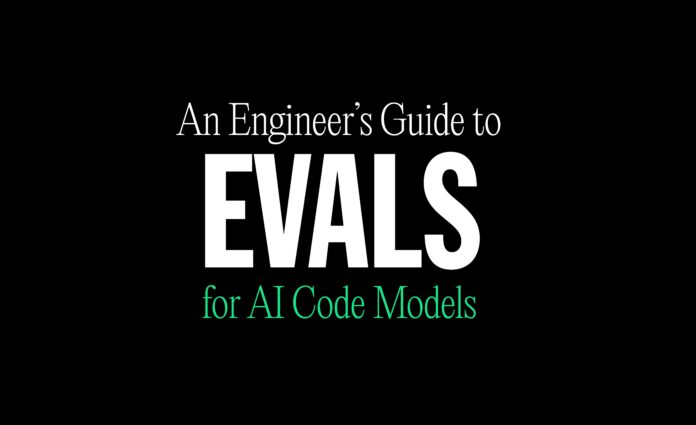Harnessing Evals for AI Model Improvement
In the quest to enhance coding-capable AI models like Google’s Gemini or OpenAI’s Codex, evaluations—or “evals”—are crucial. These structured tests serve as benchmarks, akin to unit tests in software, guiding the iterative improvement of AI capabilities. Evals help define “success,” allowing developers to methodically track enhancements and regressions.
Key Insights:
- Definition of Evals: Structured tests to measure AI model performance, ensuring accurate coding outputs.
- Role of Goldens: Goldens are ideal outcomes for comparison, guiding the evaluation process effectively.
- Hill Climbing Approach: An iterative process where model adjustments are informed by eval results, driving systematic improvement.
- Industry Relevance: Evals mirror real-world software tasks, bridging the gap between AI performance and developer needs.
By focusing on these methods, AI professionals can foster more reliable models tailored for real-world applications.
💡 Let’s elevate the conversation! Share your thoughts on eval techniques in AI model development, and let’s connect!
